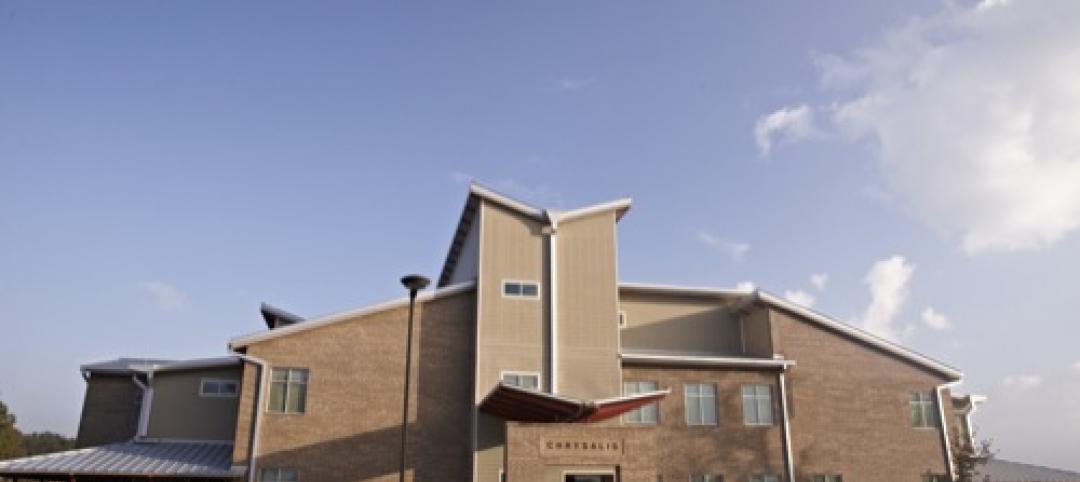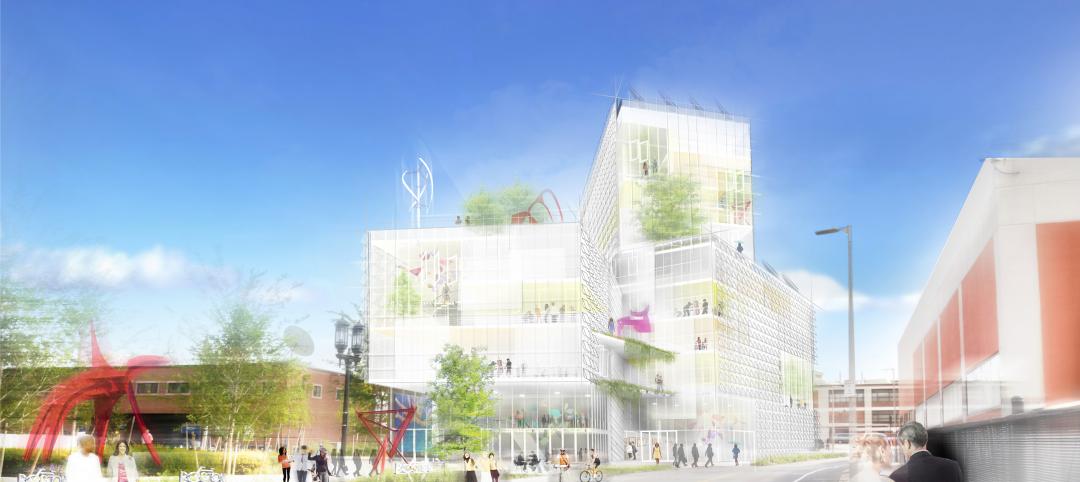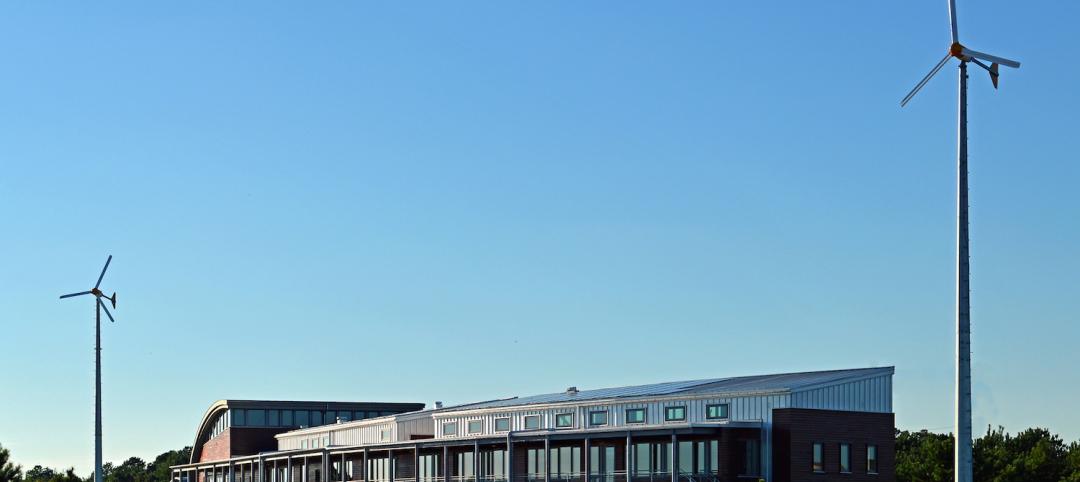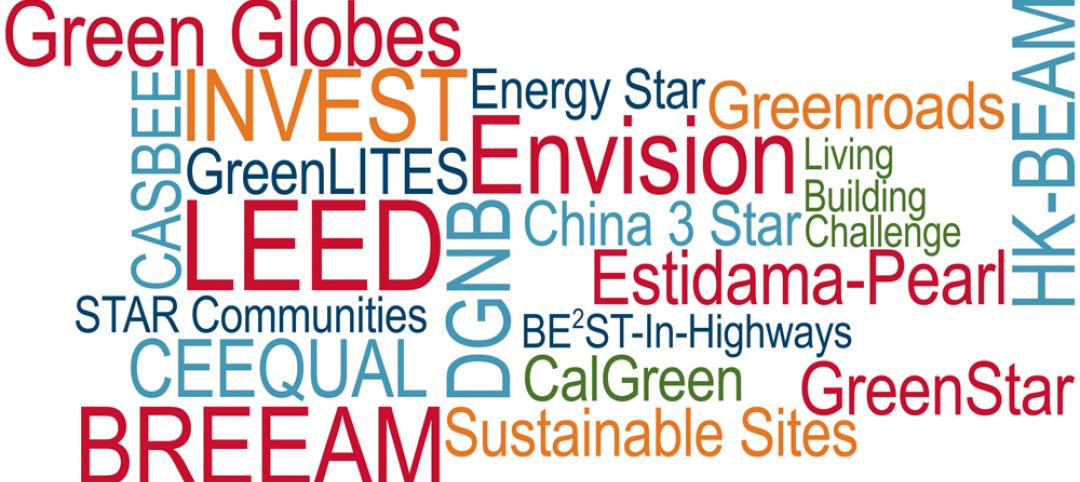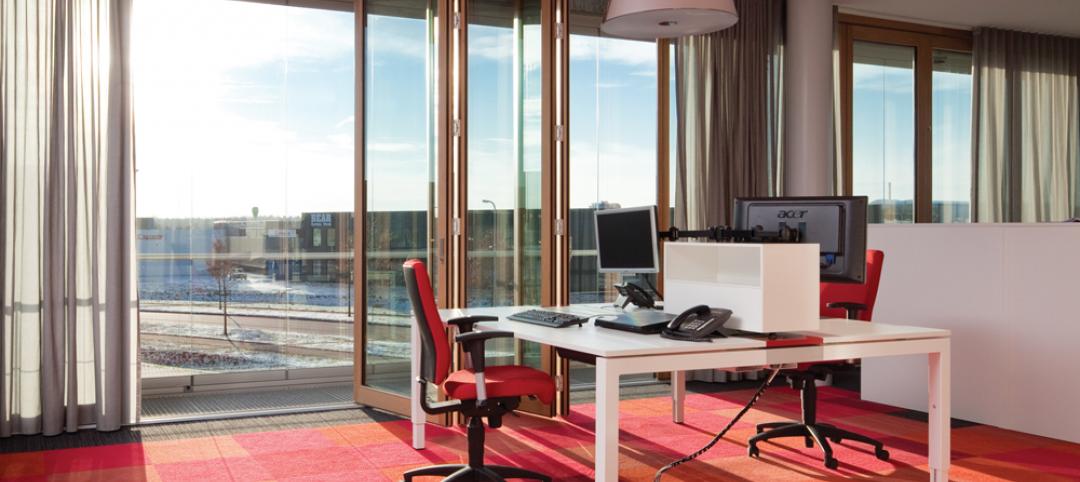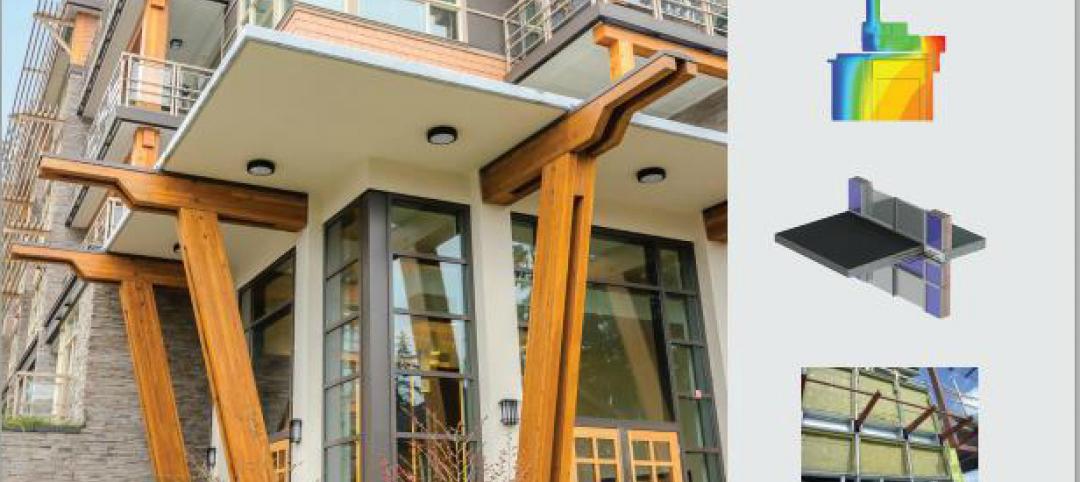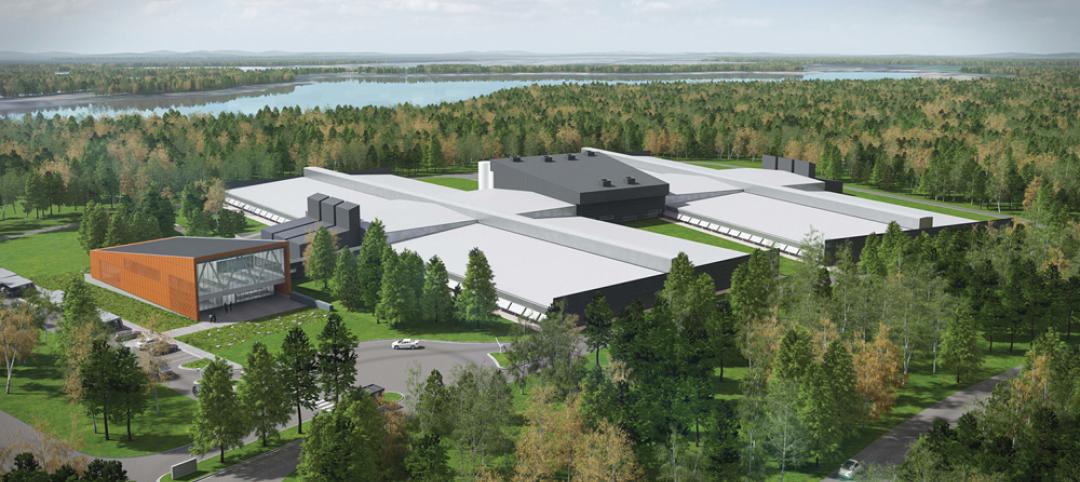The U.S. Green Building Council (USGBC), in partnership with C40 Cities Climate Leadership Group (C40) and the World Green Building Council (WGBC), released a compendium of briefs that showcase the sustainability, building energy use, and climate change policy work of cities across the globe.
Approximately 74 percent of the cities examined are implementing incentives for a greener built environment, 61 percent have enacted municipal green building policies and 49 percent are pursuing sustainable community policies.
“The findings within these briefs indicate that cities are making impressive investments to create more resilient and sustainable built environments, as well as impact the health and wellbeing of their citizens,” said Roger Platt, president of the U.S. Green Building Council. “Many mayors are forging the path toward a more sustainable future, and cities are the lifeblood of policy innovation. The collective impacts and outcomes showcased across these briefs show thoughtful leadership and innovation.”
The research covers an assessment of policies, plans, projects, and programs in 66 C40 cities. Categories include: city-wide sustainability initiatives, private sector green building incentives, green codes, sustainable community development, energy benchmarking, green schools, green affordable housing, and sustainable transportation measures. Additional data points on the uptake of green building certified projects are included where applicable. Collectively, nearly 5,000 projects in these cities have achieved LEED green building certification.
“Building energy use is a leading contributor to urban greenhouse gas emissions and therefore represents one of the greatest opportunities for cities to tackle climate change,” said Mark Watts, executive director of C40. “This report shows that C40 cities, representing 500+ million people and one quarter of the global economy, are taking bold and innovative steps to improve the long-term sustainability of their municipal and private building infrastructure, for the benefit of urban citizens.”
The compendium of briefs can be found at www.usgbc.org/city-market-briefs andhttp://www.c40.org/research.
Related Stories
| Dec 17, 2014
USGBC announces 2014 Best of Green Schools honorees
Houston's Monarch School was named the K-12 school of the year, and Western Michigan University was honored as the top higher-ed institution, based on environmental programs and education efforts.
| Nov 25, 2014
Behnisch Architekten unveils design for energy-positive building in Boston
The multi-use building for Artists For Humanity that is slated to be the largest energy positive commercial building in New England.
| Nov 20, 2014
Survey: 84% of data center owners want more renewable energy options
The cost of producing wind and solar power has decreased 58% and 40%, respectively, during the past five years, making renewables more cost-competitive with traditional fuel sources in many markets.
| Nov 12, 2014
Chesapeake Bay Foundation completes uber-green Brock Environmental Center, targets Living Building certification
More than a decade after opening its groundbreaking Philip Merrill Environmental Center, the group is back at it with a structure designed to be net-zero water, net-zero energy, and net-zero waste.
| Oct 27, 2014
Report estimates 1.2 million people experience LEED-certified retail centers daily
The "LEED In Motion: Retail" report includes USGBC’s conceptualization of the future of retail, emphasizing the economic and social benefit of green building for retailers of all sizes and types.
| Oct 15, 2014
Harvard launches ‘design-centric’ center for green buildings and cities
The impetus behind Harvard's Center for Green Buildings and Cities is what the design school’s dean, Mohsen Mostafavi, describes as a “rapidly urbanizing global economy,” in which cities are building new structures “on a massive scale.”
| Sep 15, 2014
Sustainability rating systems: Are they doomed?
None of the hundreds of existing green building rating systems is perfect. Some of them are too documentation-heavy. Some increase short-term project cost. Some aren’t rigorous enough or include contentious issues, writes HDR's Michaella Wittmann.
| Sep 7, 2014
Building the cladding palette: panels, rainscreens, and veneers [AIA course]
When it comes to cost, performance, and aesthetics—not to mention maintenance and long-term resilience—the evaluation of cladding materials and façade systems is more complex than ever. This course is worth 1.0 AIA CES HSW learning units.
| Aug 11, 2014
New guide for prevention of thermal bridging in commercial buildings
The guide aims to overcome obstacles with respect to mitigating thermal bridging to reduce energy consumption in buildings.
| Aug 4, 2014
Facebook’s prefab data center concept aims to slash construction time in half
Less than a year after opening its ultra-green, hydropowered data center facility in Luleå, Sweden, Facebook is back at it in Mother Svea with yet another novel approach to data center design.


